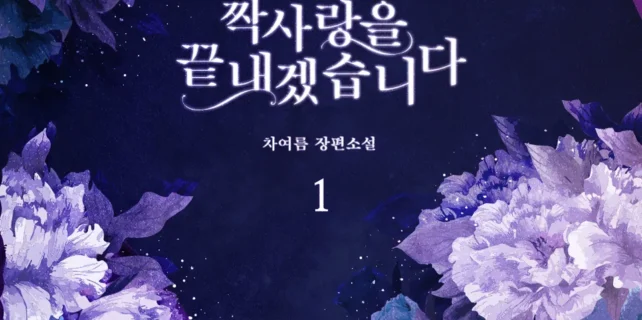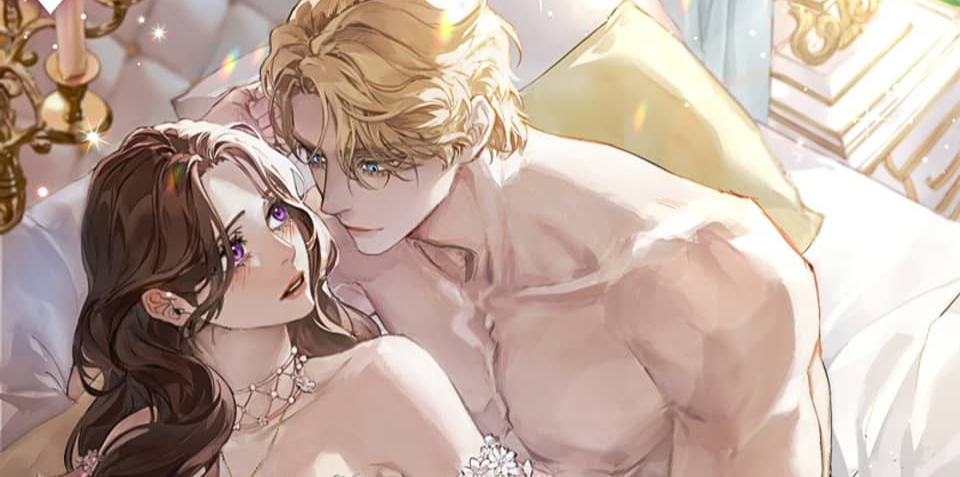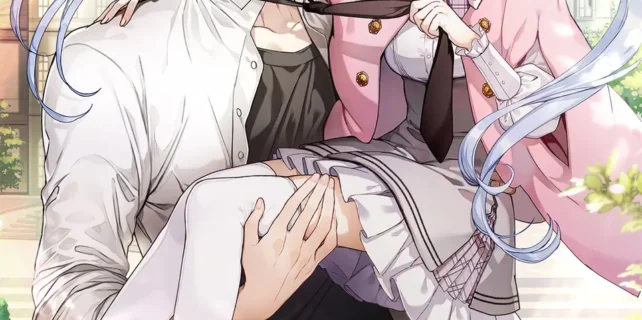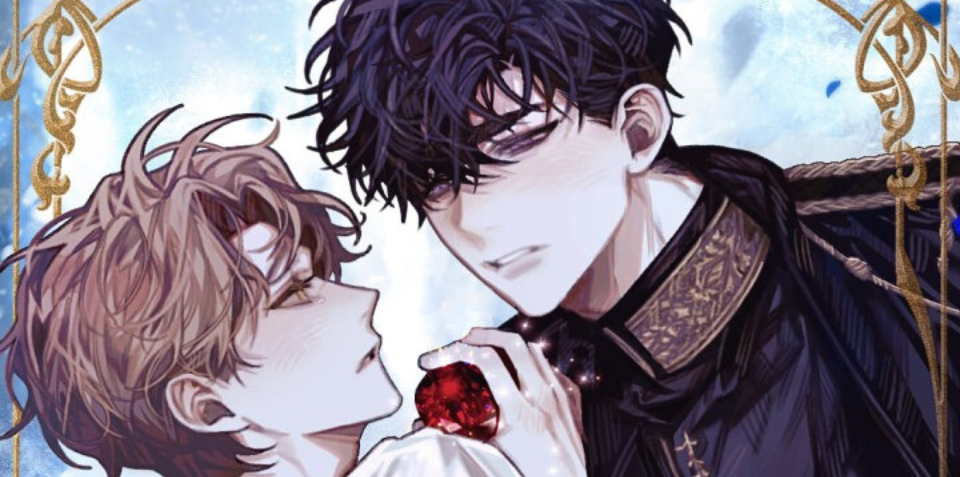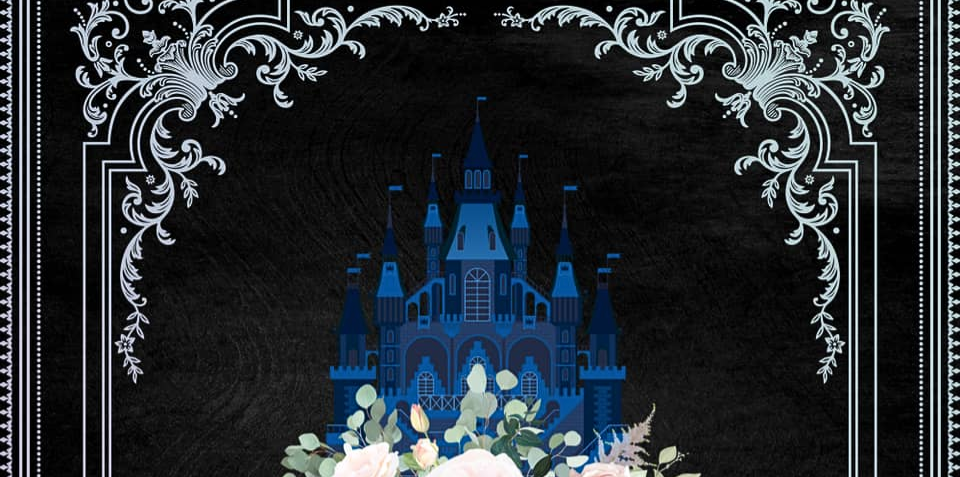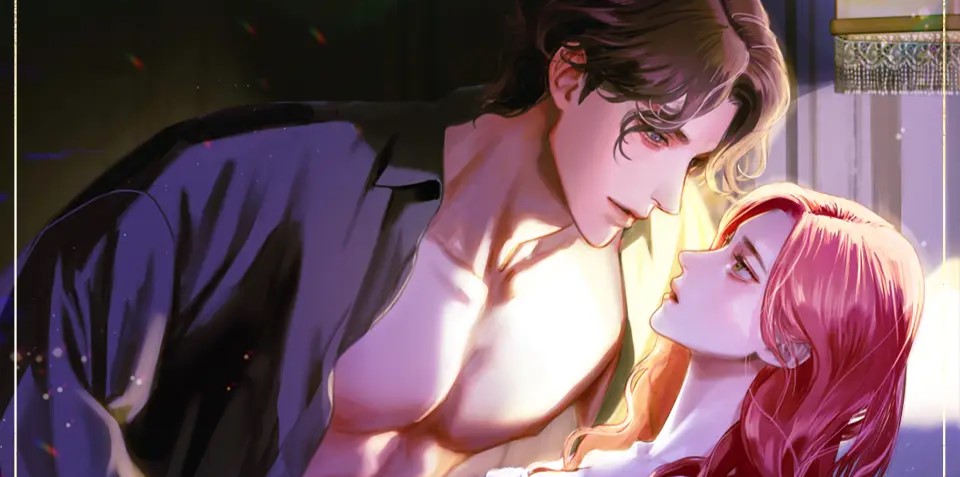The Sand Bride - Chapter 16
Just then, Karzhen’s voice rang out. Hakan turned his head. For the first time, Esther felt relief at hearing Karzhen’s voice, but as he pinned her down, she felt the packet of poison shift near her waist.
Esther’s face turned pale. Karzhen would see it. He would interrogate her and kill her…….
“Hic… sob…….”
A small sound escaped her trembling lips. Esther began to sniffle. At her faint sobs, Karzhen looked down at her with a bewildered expression. Esther hurriedly wiped her tears.
Seeing Karzhen’s displeased face, all the suffering she had endured flashed before her eyes. The slaps, the choking, the being thrown around. The nights she had to endure his desires until dawn.
“I-I’m sorry……. I’m sorry. I… I……”
But she couldn’t let them find the poison. Esther desperately begged for forgiveness, curling up and trembling. Karzhen just looked down at her with a sour expression. Esther, growing more anxious, rolled her head.
“Stop being so noisy. Didn’t I tell you before I hate hearing you cry?”
As expected, Karzhen was irritated. He had always hated the sound of crying, but especially Esther’s sobs, which gave him a headache.
Karzhen grabbed her head and shook it roughly. But when her tear-streaked face was revealed, his mood worsened. Esther sniffled and pleaded.
“I-I’m so tired… that’s why… I’m sorry…….”
As Esther burst into tears, Karzhen clicked his tongue. Her teal eyes, trembling with fear, glanced at him before quickly looking away. Karzhen said nothing. Esther desperately bit her lip.
“Please…….”
“Tch.”
How much time passed? A miracle happened. Karzhen got off Esther. He let go of her hair.
Esther blinked in surprise, then hurriedly and carefully moved her hand to push the poison packet into her clothes. Once the poison was hidden, she finally felt relief and could look at Karzhen properly.
“What… I hate it when you whine about it hurting.”
For a moment, Esther felt like he was saying that for someone else to hear, but she quickly dismissed the thought. Karzhen rubbed her lips and smirked.
“This doesn’t hurt, right?”
Esther hesitated, then slowly nodded. Resignation was familiar to her. But with Hakan still standing in the tent, watching her, she couldn’t easily make a sound. Esther, with her hand on Karzhen’s pants, kept hesitating and glancing at Hakan. Karzhen waved his hand.
“Get out. I’ll finish quickly.”
Right? Karzhen patted Esther’s forehead, and she nodded. Hakan finally sighed and left the tent. Karzhen smirked and stroked Esther’s chin. It was a touch meant to be affectionate, as if she were cute.
“Let’s see how much your upper hole has stretched.”
Esther buried her pale face between Karzhen’s legs.
* * *
Karzhen had a sister, and Hakan had an older sister.
Her long, dark blue hair was as sharp as an eagle’s feathers, and her shining, deep blue eyes were as fierce as a leopard’s. Her name was Hemor. It meant “the one who does not cry.”
“You must never show weakness.”
As a child “acknowledged” by the king, Hemor was a cold and fierce Kemut tribeswoman. She would pierce people’s stomachs with a spear and leave them standing in the desert. She would cut off their heads, string them together, and send them to the enemy in a box.
When the enemy appeared, Hemor was always at the forefront, trampling them and proving her strength and cruelty. I am Hemor, the one who does not cry. Karzhen and Hakan remember her laughter.
Hemor died two years ago. She did not die an honorable death and left no gravestone. Hemor did not die in battle or during a hunt. She slit her own stomach and committed suicide. And for the Kemut tribe, suicide was a shameful act.
“If you show weakness, you will break.”
“Who will?”
It was two days before Hemor’s death. Karzhen and Hakan had gone to see Hemor, but they didn’t go to her palace. After the man she loved died of illness, Hemor no longer stayed in her palace but remained in the garden where he was buried. The man had been buried in the garden solely because of Hemor’s will.
He was a gardener. He always loved flowers and trees. But Hakan and Karzhen had never seen the man tending to the garden. After Hemor brought him back, he had been bedridden, groaning in pain.
The man was not a Kemut tribesman. He had come from an eastern country, where he had a wife and child. Hemor had killed the man’s wife and child and brought him back.
The strong take what they want. Karzhen and Hakan thought this was natural. In their world, the weak had no right to demand anything. They only had obligations.
And the sister they had met advised them, “You must never show weakness.” Hakan asked her, “Who will break? Will that man break? Is that why he died?”
Hemor laughed. It was a twisted laugh.
“Even if we love, we must not show weakness.”
Then we will break. The brothers, looking at her face, thought for the first time that she seemed to be crying.
But the woman’s name was Hemor, the one who does not cry. Instead of crying, she slit her stomach and died in the garden, in front of the grave of the man who had died of illness.


